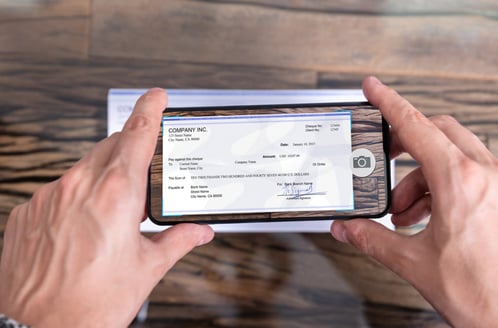What Partners Hate: Eight Grammar Gripes—And How to Avoid Them
Although law-firm partners have too many grammar-specific issues to detail them all in one article, here are eight of the most common issues below:

1. Misuse of Mid-Sentence Commas
Tip: If you have and or but in the middle of a long sentence, check what follows. If it’s a person or thing, put a comma before the and or but. If not, no comma.
Use Comma: “He deposited the check, but the client forgot to record the payment.”
- No Comma: “He deposited the check but forgot to sign it.”
If your issue is the serial comma, click here instead.
2. I, Me, or Myself
Tip: Myself, herself, or himself are almost always wrong, as in
- Please contact Jane Doe or myself.
- The team was led by the client and myself.
Note: You need me in both cases. In the first example, Jone Doe and myself are objects of the verb contact. In the second example, the client and myself are the objects of the verb led. Thus, the object pronoun me is correct in both.
3. Who vs. whom
Tip: Recast the sentence by inserting she or her. If she works, use who. If it’s her, use whom. So in
- “She is someone whom I once thought would go to prison,” the whom should be who: “I thought she would go to prison,” not “I thought her would go to prison.”
4. Tense-Sequence Errors in a Sentence or Provision
Tip: Stick to the present tense when possible. In condition-consequence constructions, use present tense for the condition clause and “will” for the consequence clause:
- Proper Construction: If employment terminates, all benefits will terminate.

5. Since vs. Because
Since: Use since only for time: I haven’t heard from her since Friday.
Because: Use because for cause and effect: Because I haven’t heard from her, I assume she will reject the proposal.
6. Fewer vs. Less
Fewer: If you can count it, use fewer: Our client has received fewer complaints than usual.
7. Using ‘their’ with a Singular Collective Noun Such as a Client, Party, or Law Firm
Tip: In American English, unlike in British English, these words take it or its, not their: “The Bank has been known to underreport its liabilities.”
8. Errors with Possessive Apostrophes
Tip: Watch for common typos with words like Debtors’, Debtor’s, and Debtors. Also decide how you’re going to make the possessive form of a word ending in –s like Ross.
 By
By


